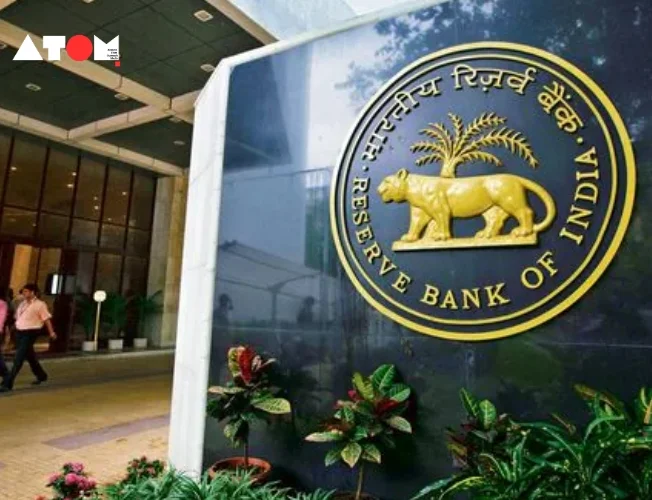The Reserve Bank of India (RBI) has issued a stern warning to fintech startups: strict adherence to Know Your Customer (KYC) guidelines is non-negotiable. In a series of recent meetings with industry representatives, the central bank has emphasized the importance of robust KYC procedures for all new customers. This comes in the wake of concerns over fraudulent activities and money laundering.
Peer-to-peer lending was discussed in the meeting and the RBI was open to understanding the challenges faced by the industry. But it wanted the sector strictly abide by regulatory restrictions, said another person who was also present at the meeting. Over the past few months, P2P startups have been forced to shut down some of their products due to governmental action. This person stated that the First Loss Default Guarantee (FLDG) criteria, which are already in place for co-lending, could be given another look by the RBI. The industry requested that the central bank compute the 5% FLDG on assets under management (AUM) instead of the 5% FLDG on disbursals.
Key Points for KYC
- Video KYC is Mandatory: The RBI has made it clear that video KYC should be the primary method for customer onboarding, with other methods like Aadhaar offline KYC or Digilocker serving as supplementary checks.
- No Relaxation on KYC: Despite requests from industry leaders, the RBI has maintained a firm stance on KYC requirements, emphasizing the need for a stringent approach to protect the financial system.
- Impact on Fintechs: The stricter KYC norms are expected to slow down customer onboarding processes and increase operational costs for fintech startups.
- Focus on P2P Lending: The RBI is also scrutinizing the P2P lending sector, seeking to tighten regulations and address concerns about loan defaults.
- Payment Startups Under Scrutiny: Payment giants like Pine Labs, CCAvenue, and Razorpay are also facing increased scrutiny, with the RBI mandating bank-grade KYC for payment aggregators.
Implications for the Fintech Industry
The RBI’s crackdown on KYC is a significant development for the fintech industry. While it may pose challenges in terms of customer acquisition and operational efficiency, it is essential for maintaining the integrity of the financial system. Fintech companies will need to invest in robust KYC infrastructure and processes to comply with the new regulations.
Read more: Marketing News, Advertising News, PR and Finance News, Digital News





